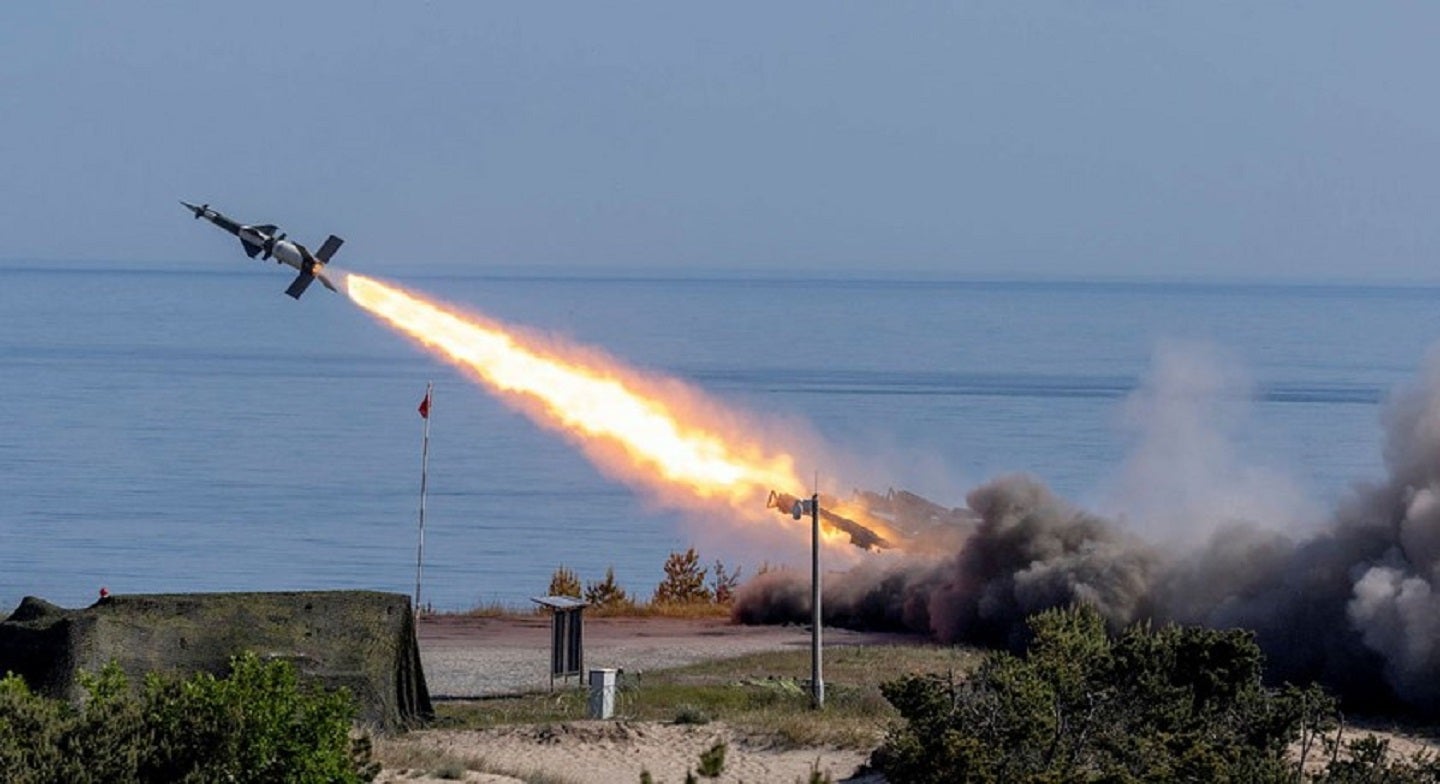
The UK Foreign Secretary, James Cleverly and Defence Secretary, Ben Wallace, met with Poland’s Minister for Foreign Affairs, at Lancaster House, in London, where both countries signed their new ‘2030 Strategic Partnership’.
This latest commitment – which aligns their shared priorities on the world stage and strengthens their defence co-operation – builds on the 2017 UK-Poland Treaty. The Polish-UK treaty began the long-term defence co-operation that the two have pursued since.
“To achieve this, we are building the next generation of capabilities for our armed forces; conducting joint training exercises in support of air, land, sea, space and cyber operations; strengthening Nato’s deterrence and defence posture; and standing united in our approaches to the Indo-Pacific; state threats; hybrid activities; including the instrumentalisation of migrants; and to combatting illegal migration,” the partnership document declared.
Both nations agreed that their foreign and defence ministers will oversee the delivery of this partnership through the annual, bilateral Quadriga meeting.
British and Polish air defence
In April, the UK and Poland signed a major air defence export deal worth £1.9bn. This rolled out a British air defence system, made by MBDA, across Europe. The UK will equip 22 Polish air defence batteries with UK Common Anti-Air Modular Missiles (CAMMs) and launchers, under a programme called PILICA+.
This was a significant deal that embodies what the latest partnership hopes to fulfil again. However, it seeks this on a larger scale, prompting their allies and partners in the EU and Nato to do more together.
That being said, the UK and Poland are not aligned in some areas of security, such as the European Sky Shield Initiative. While the UK joined the project at its inception in October last year, and with reports this week suggesting that famously neutral countries such as Austria and Switzerland are considering participating in the German-led air defence programme, Poland and France are outliers.
Ukraine at the centre of the new partnership
“Over the longer term, we will assist Ukraine to deter and defend itself against any further aggression,” the document emphasised.
“We recognise the need to support Ukraine’s pivot to Nato standard equipment, enabling interoperability and resupply, and its alignment with Nato’s values.
“At the same time both parties recognise that it is necessary to give new impetus to Nato-Ukraine relations, moving them to a new, higher level. This applies to addressing Ukraine’s Euro-Atlantic aspirations and going beyond declarations referring to the decisions of Nato’s Bucharest summit,” the two nations proposed.
Less ambiguously, the two nations indicate their backing of Ukraine’s ascendancy to Nato – suggesting a roadmap for Ukraine joining the military alliance is one way that ‘goes beyond’ the undefined and vague assurances Nato gave to Ukraine and Georgia during the 2008 Bucharest summit.
As Nato’s Vilnius summit approaches, this joint statement suggests that a long-term process for Ukraine’s membership into Nato is a prospect that has not been completely thwarted.



